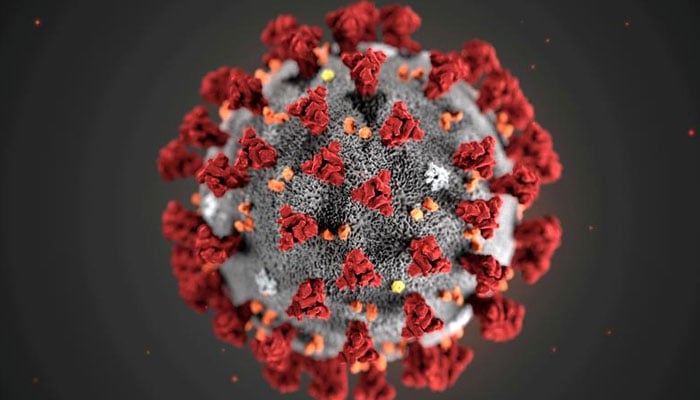Bats may help fight inflammatory diseases, ageing: study
While findings of this study are intriguing, more work is needed to translate these findings into new therapies, says an expert
May 14, 2023

A new research study may have found a secret to slow the process of human ageing and treat diseases of inflammatory nature such as COVID-19, arthritis and heart diseases.
The study revealed that this could happen because of the protein carried by bats.
According to the latest research, bats have exceptionally long life spans for small mammals living up to 40 years. They can also live with lethal viruses including Sars, Ebola, and Zika without having any effect on their health.
Scientists have been able to determine a modern version of a protein called bat ASC2 which is responsible for suppressing inflammatory responses in bats and could provide a good explanation of their resilience.

According to the study published in the journal Cell: "When laboratory mice were genetically modified to carry the protein, the resulting 'bat-mouse chimera' showed the same inflammatory defences as bats."
In experiments on human cells, the same outcome was seen.
The team from Singapore and China wrote in the study: "Our results demonstrate an important mechanism by which bats limit excessive virus-induced and stress-related inflammation with implications for their long lifespan."
The team also said: "When the bat ASC2 — only slightly different from our own — was tested on human cells they too became more resilient, demonstrating its therapeutic potential."
"The findings provide new insights and strategies to combat ageing and inflammatory diseases in humans," they added.

The research leader Dr Linfa Wang, a professor of emerging infectious diseases at Duke-NUS Medical School, told Telegraph upon being asked whether bat ASC2 could hold the answer to longevity and reduced mortality from viruses in humans: "Yes. It may not be the only factor, as biology is never as simple as one molecule or one pathway. But the overall dampening of inflammation most likely plays a role in health ageing in bats."
Dr Wang, who, in 2005, helped to establish that bats were the natural reservoir of Sars viruses, also noted: "The new research could eventually lead to human medicines that 'mimic ASC2', and could be used to treat a range of viruses that trigger an inflammatory response."
"We have filed patents based on this work and are exploring commercial partnerships for drug discovery. We are hoping to develop a new class of anti-inflammatory drugs for inflammasome-driven human diseases," said Dr Wang.
As per the findings, the mortality rate from a lethal influenza virus dropped from 100 to 50% among those with the ASC2 adaptation. The protein also "substantially inhibited" the Zika virus in the bat mice.
"[It's] very exciting to see ASC2 in the long-lived mole-rat as well, but what is the key stress in mole-rat that triggered the 'convergence' evolution as we see in bats remains to be elucidated," said Dr Wang.
Prof Stuart Neil, a professor of virology at King's College London who was not involved in the study, said it is important to help explain "whether there are special features of the bat immune system that allow them to tolerate infection with so many seemingly nasty viruses."
But he added that more research is needed to confirm whether ASC2 is responsible for long lifespans in bats — something that will be difficult to determine.
"However, understanding how bat ASC2 shuts down [the] inflammation may certainly allow the rational design of more focused therapeutics for chronic inflammatory disease. Whether such understanding will have a general preservative effect on lifespan is anyone's guess," he said.
Professor Gilda Tachedjian, head of Life Sciences at the Burnet Institute in Australia, added: "They show proof of concept that bat ASC2 protein can target the inflammasome thereby dampening markers of inflammation in vitro [cell culture] and in a transgenic mouse model."
"While the findings of this study are intriguing, more work is needed to translate these findings into new therapies that can be used in people to reduce mortality from viruses or increase longevity."











